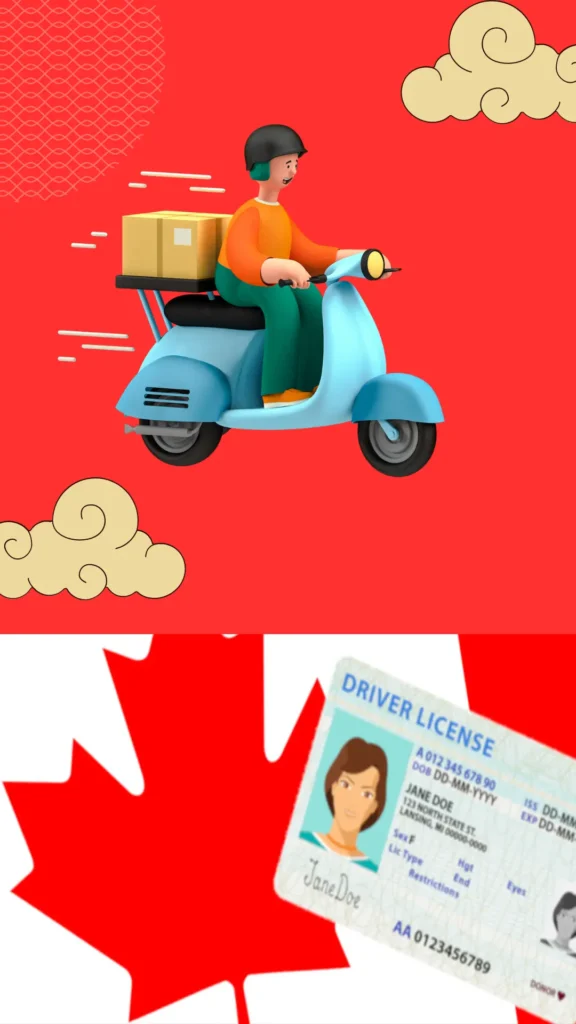Driver and license renewals are a routine but important part of ensuring road safety and compliance.
The license renewal process varies from jurisdiction to jurisdiction, but the overall goal is to ensure that drivers are competent to operate a vehicle according to both their physical and cognitive abilities.
This in-depth report examines the reasons for license renewal, the processes involved, the potential challenges, and the wider social impact of maintaining an effective renewal system.
The importance of renewing a driver’s license:
A driver’s license is not a certificate for life; it has an expiration date that requires regular renewal. This policy is based on the recognition that driving abilities, physical health, and cognitive abilities can change over time. Regular renewal processes protect people from driving when they may no longer have the necessary skills or when health problems may threaten their ability to drive safely.
Renewal Requirements and Processes:
The specific requirements and processes for renewing driver’s licenses and permits can vary significantly by country, state, or region. However, the common elements are usually as follows:
Documents: Drivers usually have to provide documents such as ID, residence, and citizenship. This ensures that the person renewing their driver’s license is who they say they are and that they are legally authorized to drive a motor vehicle in that jurisdiction.
Vision and health screening: Many renewal processes include a vision test to evaluate the driver’s vision and visual acuity. In some cases, additional checks may be required to assess the driver’s general physical well-being.
Knowledge Test: Some jurisdictions may require drivers to pass a written or computerized knowledge test to ensure they know applicable traffic laws, regulations, and road safety practices.
Road test: Although driving license renewals are less common, some areas may require a road test to assess a driver’s practical skills behind the wheel. This is often more common in older drivers or drivers with certain medical conditions.
Fee payment: Renewal processes usually include a renewal fee. The amount can vary, and some jurisdictions may offer discounts to seniors, military personnel, or other certain groups.
Online Renewal Options: In the digital age, many locations now offer online renewal options, allowing drivers to complete the process from the comfort of their homes. This convenience streamlines the upgrade process and reduces the burden on physical office
Challenges and Controversies:
Although driver’s license renewal is generally accepted as a necessary part of road safety, it is not without its challenges and controversies. Some of these challenges include:
Access: Access to innovative services can be difficult for people living in remote or underserved areas. Limited transportation options and long distances to licensing offices can create obstacles, especially for the elderly or people with mobility issues.

Age Issues: There is an ongoing debate about whether age should be a determining factor in driver’s license renewal requirements. Some argue that the physical and cognitive abilities of older drivers may decline, necessitating stricter renewal criteria, while others emphasize individual ability rather than age as the determining factor.
Public awareness: It is very important to ensure that drivers are aware of the renewal process and deadlines. Lack of awareness or forgetfulness can lead to expired driver’s licenses, causing safety risks on the roads.
Integrating Technology: Integrating technology into the reform process presents both opportunities and challenges. While online upgrade options add convenience, they also raise concerns about cyber security, data protection, and providing digital infrastructure to all.
Social Impacts:
License renewal overrides personal obligations; it has a wider social impact. Regular assessments ensure that road users are competent, reducing the risk of accidents caused by impaired skills or health. Insurance companies often consider the validity period and expiration date of the driver’s license when determining insurance coverage and insurance premiums. A valid driver’s license demonstrates a commitment to road safety and responsible driving. Law enforcement agencies use valid driver’s licenses to identify and regulate drivers on the road.
As a dynamic procedure with different requirements in different jurisdictions, it ensures that people have the skills, physical fitness, and knowledge to operate a vehicle safely. The renewal process, which usually involves document checks, eye and health checks, and information assessments, aims to keep pace with ever-evolving traffic regulations and technological developments.
Payments, both in person and through online channels, contribute to the financial sustainability of permit systems. However, issues remain, including concerns about accessibility, age-related conflicts, and the need for strong public awareness. The social implications of effective license renewal are extensive and include improved road safety, insurance reliability, enhanced law enforcement, and the overall integrity of transportation systems. Therefore, recognizing the importance of this process is essential to promoting a culture of safe and responsible driving.
